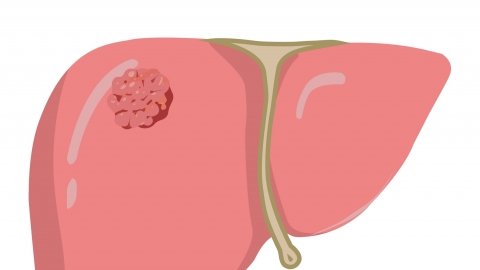Is liver cancer or chronic viral hepatitis contagious?
Under normal circumstances, liver cancer itself is not contagious, but chronic viral hepatitis can be transmitted. The detailed analysis is as follows:

Close daily contact with a liver cancer patient—such as sharing meals, handshakes, or hugs—does not lead to transmission of liver cancer. Liver cancer is a disease caused by malignant transformation of liver cells, and its development is related to abnormal cell proliferation. It does not possess the ability to spread between individuals, so isolation measures for liver cancer patients are unnecessary.
Chronic viral hepatitis, such as hepatitis B and hepatitis C, can be transmitted through specific routes. Hepatitis B spreads via blood, mother-to-child transmission, and sexual contact—for example, sharing syringes contaminated with the hepatitis B virus. Hepatitis C is primarily transmitted through blood, such as receiving blood products that have not undergone strict screening; ordinary daily contact generally does not lead to infection.
In daily life, avoid sharing personal items that may come into contact with blood, such as toothbrushes and razors. Patients with chronic viral hepatitis should actively receive treatment to reduce the risk of virus transmission. Healthy individuals can enhance their resistance to viral hepatitis by getting vaccinated against hepatitis B and other preventive measures.






